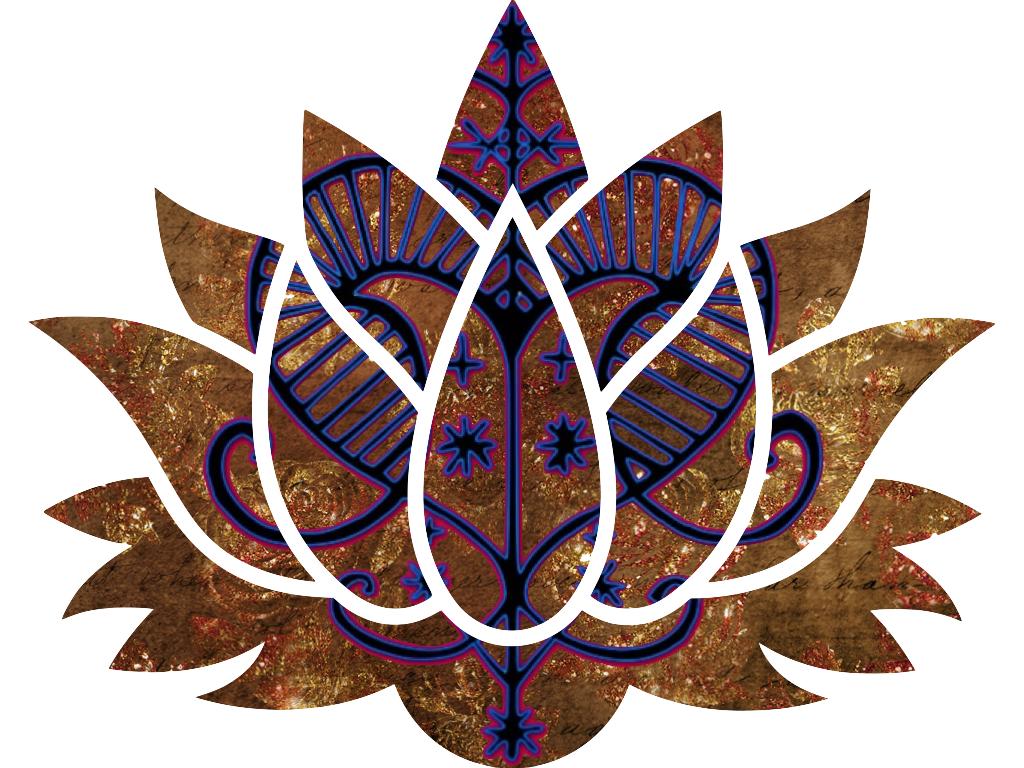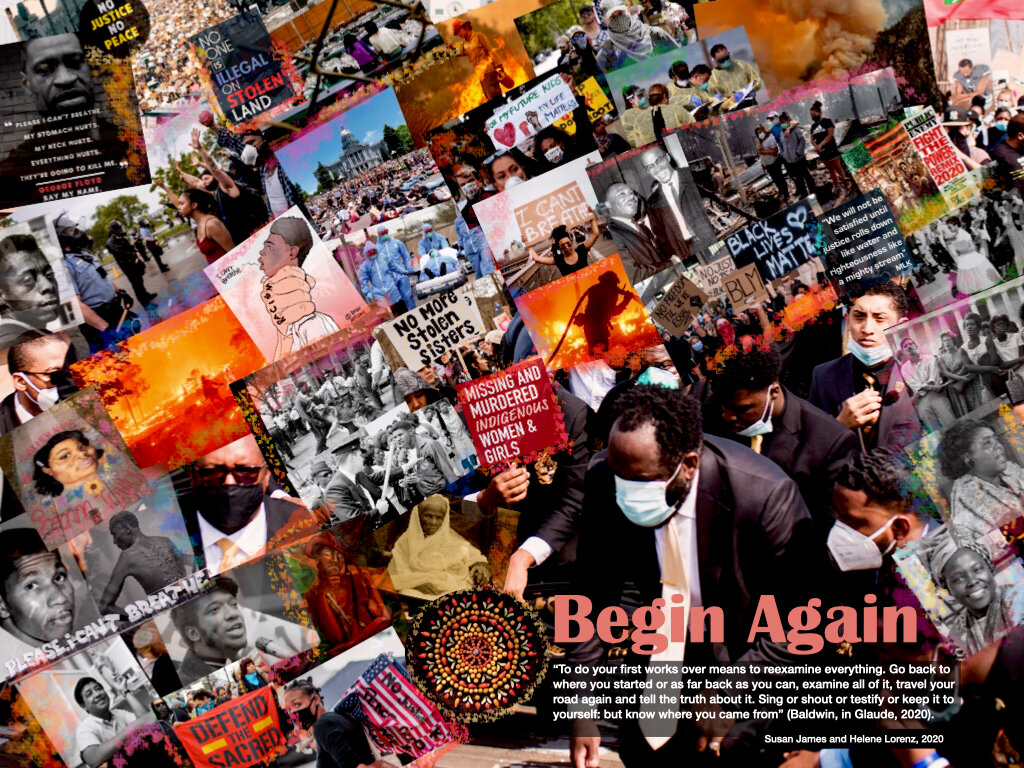

Begin Again: Defecting from Modernism/Coloniality
Western education systems formed by modernism have historically presented a world of knowledge as universally valid for all people and landscapes. They are based in a worldview (or lens) that separates rational human observers with agency from passive “matter” in the environment, available for ownership and resource extraction. In the Americas, modernism has been linked, since histories of colonial genocide and slavery, with codes of coloniality that enact a performance of unequal separations among racial, ethnic, and gender groupings. Coloniality affects economies, knowledge, governance, and individual identities. This ontology is now being called modernism/coloniality by many theorists, and the aspiration to unsettle and replace it is referred to as decoloniality. The first step in rethinking will be the realization that there are multiple ecologies of knowledge in existence, many different ways of practicing world-making with different outcomes for environments and human communities. The starting point of decoloniality practices is imagining the world as a pluriverse where alternative regional worlds of knowing and living have yielded diverse possibilities for healthy, creative, and regenerative lives. Because modernism/coloniality has developed an industrial infrastructure based on fossil fuels now being depleted and causing global warming, its practitioners need to learn about alternatives. Fortunately, there are hundreds of indigenous communities and their diasporas in the world practicing relational ontologies, where instead of lenses of separation, the home environment is seen as alive and nurturing, in symbiotic relationship with all the beings that participate in its creation and ongoing emergence. Rather than marginalizing, silencing, or depleting these bioregions through extractive practices, there could be learning, mutual exchange, support, and solidarity. Relational ontologies could be understood as a reservoir of diverse environmental practices, languages, arts, and ceremonial technologies, as an ancestral inheritance of critical importance to everyone.
Resource:
The End of the Cognitive Empire by Boaventura de Souza Santos;
Pluriverse: A Post-Development Dictionary by Salleh, A.; Escobar, A.; Demaria, F.; and Acosta, A.

